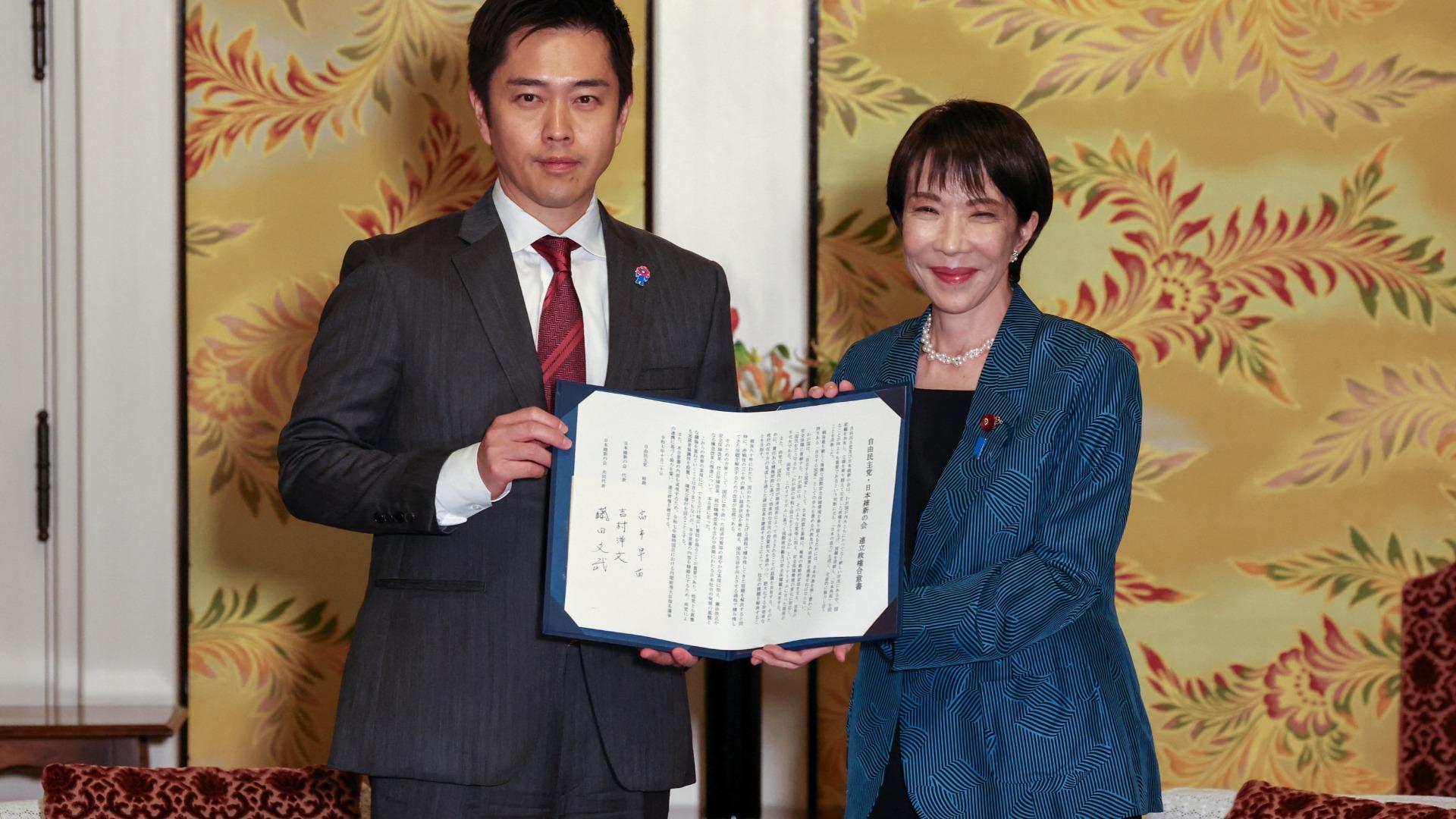Following the recent emphasis on free high school education by the Japanese government, experts are questioning the implications of this policy. They've highlighted and offered insights on three main areas of concern: potential impacts on the quality of education, how the program would be funded, and potential knock-on economic effects. The debate over these concerns highlights the complexity of introducing such a policy, and underscores the need for careful review and planning.
In Japan, the government's move towards free high school education is a hotly debated topic. As education deeply reflects social and economic standings of families, this policy could potentially equalize opportunities for admission into good universities, effectively interrupting the generational cycles of inequality. However, concerns exist about how it would be funded and the impact on education quality, underscoring Japanese society's high expectations and demands for optimum educational standards.
In the US, education policies vary widely among states, with some offering free community college while others do not. Yet, debates over funding and educational quality are also prevalent. In the EU, free high school education is already a staple in many countries such as Germany and Sweden, but similar concerns about maintaining quality and sustainable funding exist.

